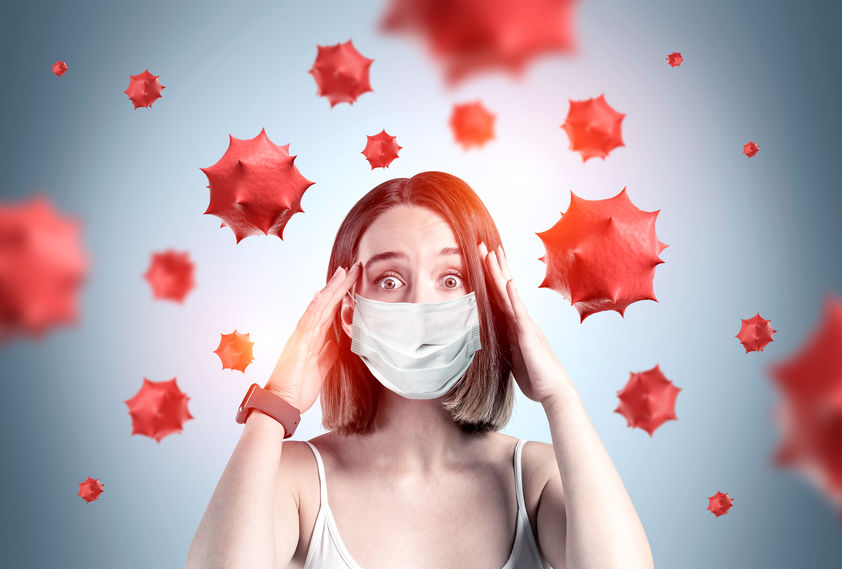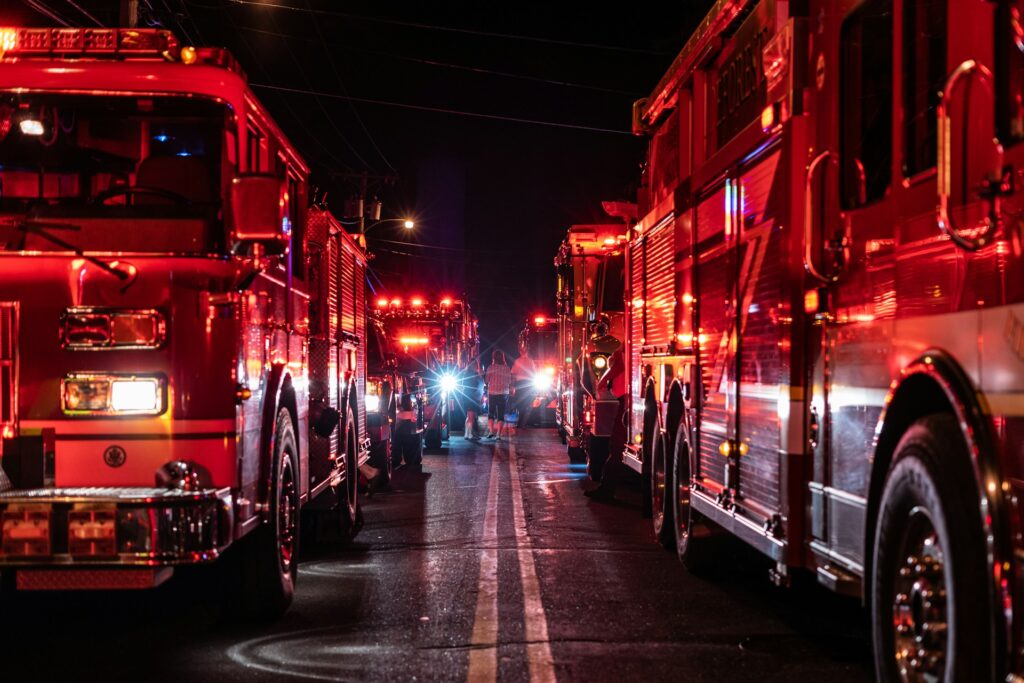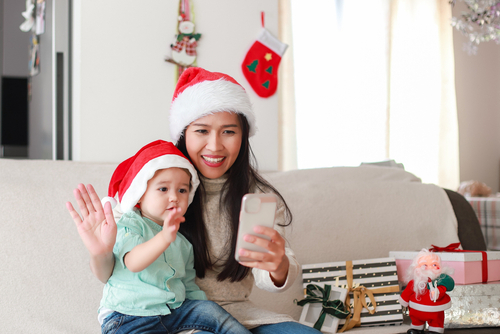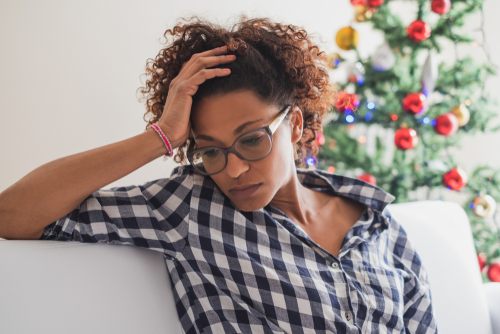Figuring out how to deal with anxiety caused by the coronavirus hasn’t been easy for many people. This has even been true of plenty of individuals not typically prone to anxiety too.
But for those with already established anxiety disorders, the stress of these events can feel especially overwhelming.
In his article entitled Coping with Coronavirus: Managing Stress, Fear, and Anxiety, the director of the National Institute of Mental Health (NIMH), Joshua A. Gordon, M.D, Ph.D. shares the following about anxiety sufferers during these times:
“Now imagine you are facing this uncertainty and have a mental illness. How much more challenging must it be to navigate this uncertainty? While we all are concerned about the future, for those with anxiety disorders, worry may be all-consuming.”
You may be dealing with disrupted school schedules, lockdowns, working from home or being out of work, and worries over your personal health and the wellness of those around you. On top of that, you may feel unable to tear yourself from the ongoing bad news. And, while you could be enjoying the extra time with your immediate family, it also can become highly stressful when you feel torn from your typical routine for so long.
The combination of these challenges can lead to unmanageable anxiety levels if you aren’t careful. So, how do you manage anxiety during difficult times? Here are some thoughts.
Be Compassionate to Yourself (and Others)
Be understanding of yourself and others. Virtually everyone is experiencing some measure of anxiety at the moment. So, if that’s how you’re feeling, don’t beat yourself up over it or wonder why you haven’t been as productive as normal.
Just a friendly reminder: What’s going on isn’t normal. No one alive has ever experienced anything like this before. If you don’t feel yourself at the moment, that just means you’re human. Hardly anyone feels normal right now and that’s completely understandable and OK given the circumstances.
The best conclusion to take hold of at this time? Because of the high-stress levels experienced by so many, be compassionate to yourself and others. We all need a little more love, empathy and patience.
Limit Your News Exposure
Although it’s important to stay informed about what’s going on related to the virus, be careful. Too much news exposure will cause your stress levels to spike. All that fear of the unknown can quickly diminish your physical, mental and emotional health if you don’t put safeguards in place.
No, you don’t want to be oblivious to the challenges our country and world are going through. However, you should limit your news exposure so you can be at your best. We’re only able to handle so much. No one is equipped to personally bear all the world’s burdens.
Keep a Routine and Exercise
Although the stay-at-home orders have drastically altered our way of life, remember that they only make you powerless if you let them.
Challenge yourself to keep a consistent schedule and do your best to exercise daily. Take advantage of the ability to exercise outdoors while practicing proper social distancing.
Regular exercise in itself will make you feel more like being disciplined in other areas of life.
Remember this is Temporary
At the moment, it may feel like these virus challenges will go on forever. In reality, however, they are temporary.
Eventually, we’ll settle into a ‘new normal’. In some ways, things will never be quite the same as before. But we’ll work together to find ways to overcome this. And we’ll be stronger in the long run for the challenges we’ve had to go through.
In light of this, do your best to focus on the good aspects of this time. Look for opportunities to practice gratitude.
Reach Out to Others
While it can be tempting to isolate yourself from others, especially if you’re an introvert, challenge yourself to get in touch with people around you. Reach out to family, friends and co-workers while staying within social distancing guidelines.
Technology makes this easier than ever whether that means picking up the phone, writing a letter, messaging through social media or doing a video chat. Just remember that you need others to stay mentally healthy (and they need you too).
How to Deal with Anxiety: Consider Video Counseling
If you’re feeling stressed right now, one of your biggest questions might be, “When should I see a therapist for anxiety counseling?” While the answer may be a little different from person to person, the short answer is when it begins to trouble you or disrupt your life.
Common anxiety difficulties include:
- Feeling tired, weak or fatigued
- Trembling
- Difficulty concentrating
- Inability to think about anything but what you’re worried about
- Rapid breathing (hyperventilation)
- An increased heart rate
- Feelings of future danger, panic or doom
Although Valencia Relationship Institute has had to adjust the way we deliver our services due to the stay-at-home orders, we’re providing therapy through video counseling during the pandemic and as an option going forward.
Our clients have personally witnessed the value of seeing a virtual counselor through teletherapy or video therapy. Whether you need help coping with anxiety, depression or relationship challenges, we can provide evidence-based ways to assist you.
Would you like to learn more about our remote counseling option during social distancing measures? If so, feel free to get in touch with us. We provide counseling in Burbank/Toluca Lake and Valencia, California but may also be able to assist you outside of that range through video therapy. Whether you need couples therapy, individual therapy or marriage counseling, we’re here for you.





